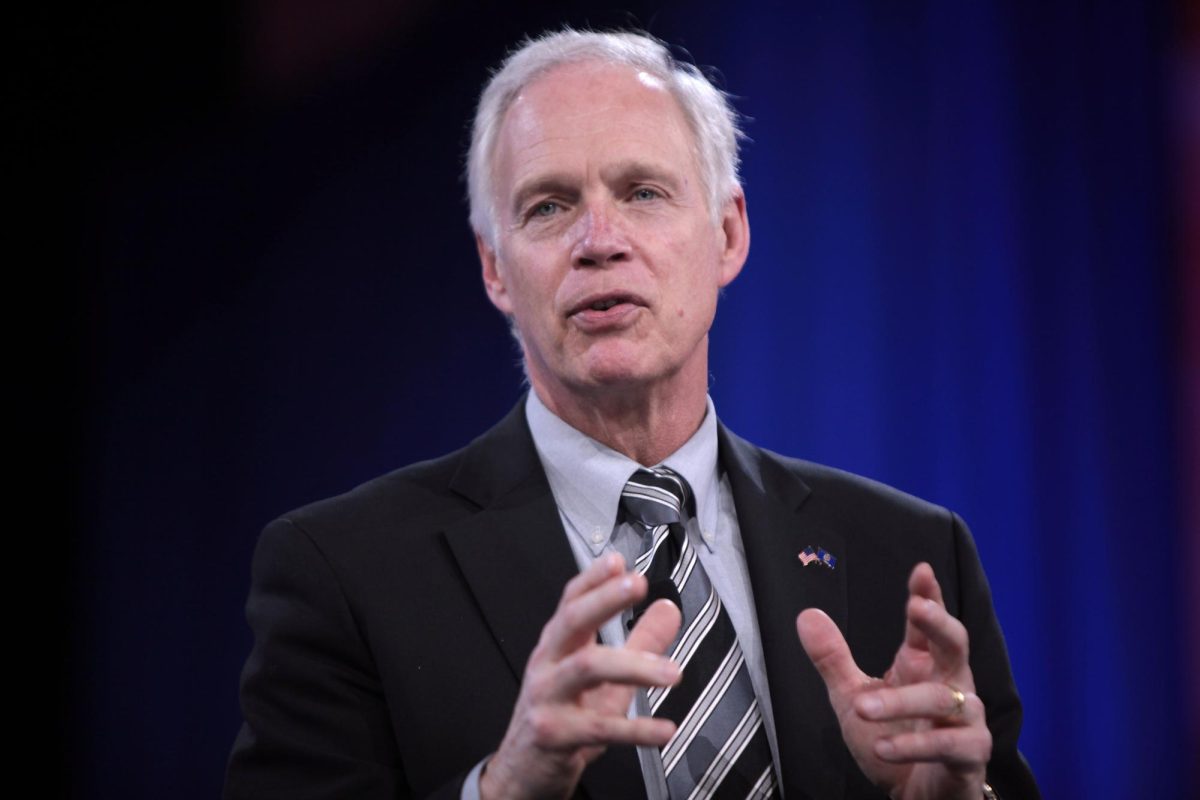The History Department and the College of Education and Human Services sponsored a presentation on teacher strikes, American cities and the neoliberal turn in American Politics by UW-Green Bay professor Jon Shelton on Wednesday, Sept. 20.
Chair of the History Department, professor Stephen Kercher, opened up the presentation by saying the way the public views unions and public teachers unions hasn’t always been the way it is today and that these shifts in perception didn’t happen without reason.
“Maybe the fear and the angst has dissipated slightly since six or seven years ago but nonetheless there’s good cause for you to be a little nervous about the state of public education in the state of Wisconsin and elsewhere, but if you really think about history, you’ll understand that that wasn’t always the case,” Kercher said. “History doesn’t happen by accident. There were conscious decisions and agendas that explain why things happen the way they did.”
Kercher’s introduction segued into Shelton’s presentation based around his book “Teacher Strike! Public Education and the Making of a New American Political Order.”
Shelton said that his work in the Philadelphia public school system was what pushed him to go to graduate school and eventually work on the history and political implications of teachers’ strikes in the 20th century.
“When teachers organize, before they even go on strike, they are sort of engaged in an inherently political sort of project,” Shelton said. “What does it mean in terms of moral lessons taught to children if teachers are able to kind of question what their bosses order them to teach? Teacher strikes and teacher unions are inherently sort of controversial and politically charged for that reason.”
Shelton said that teachers, at any level, should not be afraid of collective organization and that only through collective organization can there be the ensurement of markets as the major force in decision-making.
“Markets and political choices and economic choices are enmeshed in society and the best way to show that is by organizing and making that known,” Shelton said.
Michaela Bonfigt, education major, said she came because she is planning on becoming a teacher and is unfamiliar with the topic.
“I don’t know too much about these strikes. I mean I know a little bit about the more recent ones, but it’s interesting to see kind of what they went through and potentially what future educators could go through or what the similarities still are,” Bonfigt said.
UWO freshman Michelle Lokken said she was really interested in labor unrest and history in general.
“I have a lot of family members that are public school teachers, and I’ve seen what working conditions they have and the fight to change or better them,” Lokken said. “I just wanted to learn about labor unrest in a field that is so close to home.”
At the conclusion of his presentation, Shelton said education is both a right and a public good and said there was an international consensus around the importance of education as a human right.
“I think all education workers, from K through 12 through university, need to band together specifically to protect the idea that education is a right and not something you get if you happen to make enough money,” Shelton said.








